Technology is continuously evolving in multiple ways, including ways that benefit students in the classroom. Communication sciences and oral health professor Chad Smith and professor Tamby Allman decided to use technology to help deaf or hard of hearing children (DHH) with their communication skills. They delved into the world of gaming and created Texas Woman’s University’s Camp Minecraft.
Camp Minecraft was held July 16 to July 30, where seven DHH children were able to participate in daily virtual activities through Minecraft alongside their camp counselor. They engaged in a life on Mars simulation and were given five days to complete different tasks. The camp was able to help the campers answer WH questions—who, what, when, where, why, and how—along with improving their storytelling skills.
“Every day they had one element of the life on Mars project that they had to build,” Smith said. “As they were doing that, the counselors were just asking them questions. The questions just seemed like regular questions, but in reality, they were prompted to scripted questions to get them to answer WH questions to help with their storytelling abilities, so that by the end of the week they were able to tell one big story about their martian experience.”
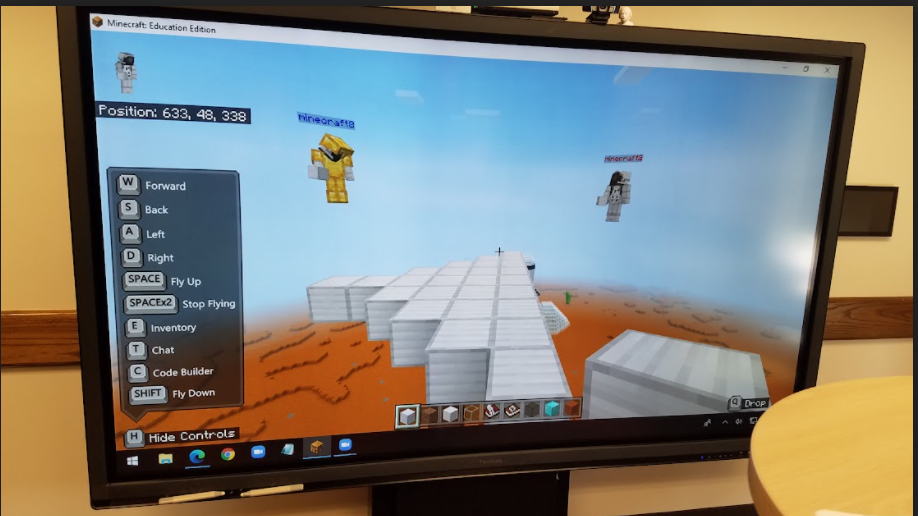
Each camper was assigned to a counselor to complete their daily tasks throughout the week. The counselors were able to help guide the campers to complete the tasks while also helping them learn and improve their communication skills.
“In deaf education, we have so many students who have language delays,” counselor and graduate student Reagan Brooks said. “Maybe they acquire language at a delayed time compared to their hearing peers or they don’t have access to language, so this is another tool to allow them to talk about a topic they care about or can learn to like, because Minecraft is so user friendly that we can get language out of them.”
The campers had a positive experience along with great feedback from the parents, according to Smith, with students and parents asking if they will hold another Camp Minecraft in the future.
“My student’s mom contacted me, and she said, ‘I saw my student bloom this week,’” Brooks said. “‘He was so excited every day, he would tell me after school how much he enjoyed this. I’ve never seen my kid so excited about school.’ With Minecraft, we were able to do that. I think without incorporating the technology or that gaming aspect, we wouldn’t have been able to do that.”
TWU has hosted a computing technology camp for the previous three years. This year, due to COVID-19, they had to switch to a format that was accessible virtually.
“With COVID, I thought, ‘Well we can’t do an on-campus camp,’ so we decided to try and go virtual,” Smith said. “The one technology item that we could get out to people all over the country was Minecraft, because you log in, you download it, you play it, you can play it virtually and so that is what got it all started.”
With technology continuing to evolve, Brooks said she believes that educators should use technology to their advantage in the classroom.
“These are iPad kids, some of them know technology better than I do,” Brooks said. “It’s either ‘I’m going to fight this every day, and I’m going to try and ignore the technology that’s coming our way,’ or we embrace it, and we use it in a way that benefits them. I think the lesson overall is that the technology is not going away, and so educators need to be able to adjust with that technology, learn how to use it and be able to incorporate it into their teaching.”
Laura Pearson can be reached via email at lpearson6@twu.edu.

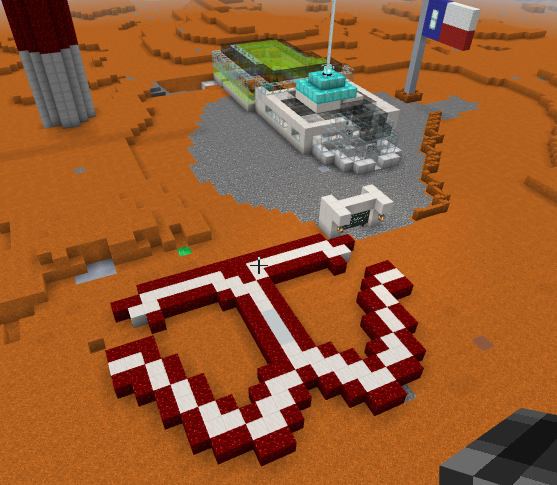
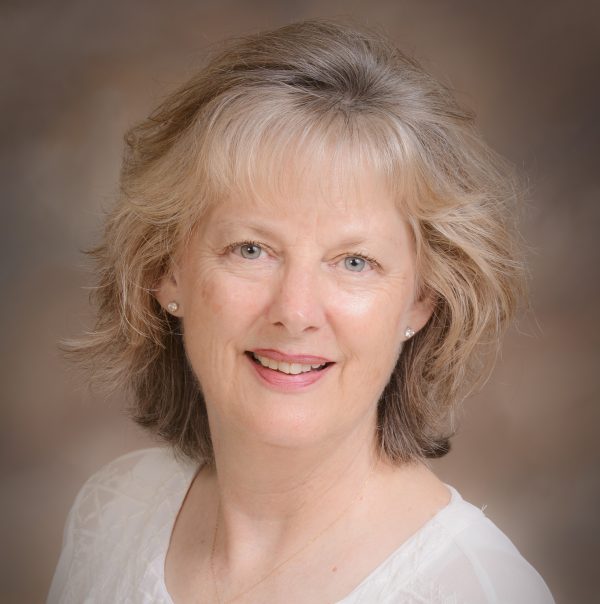

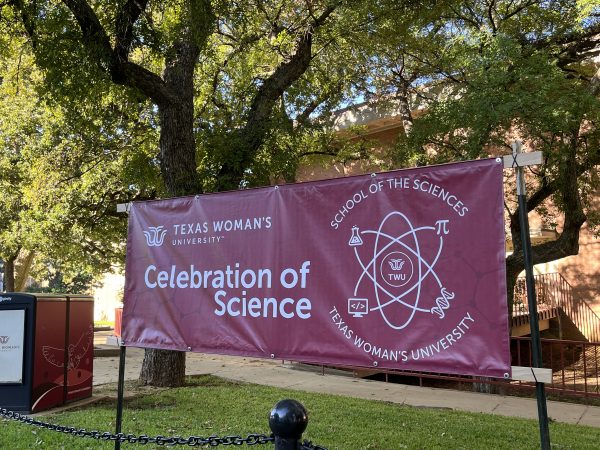
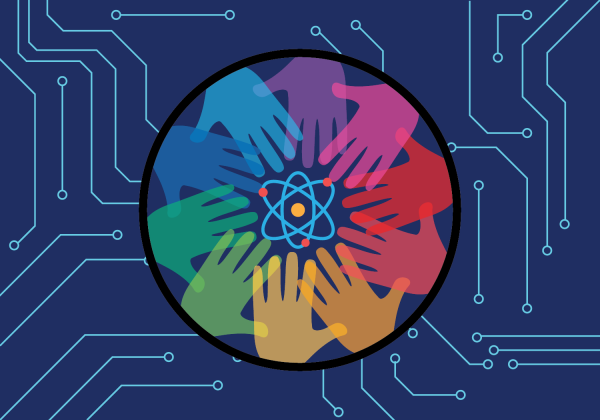
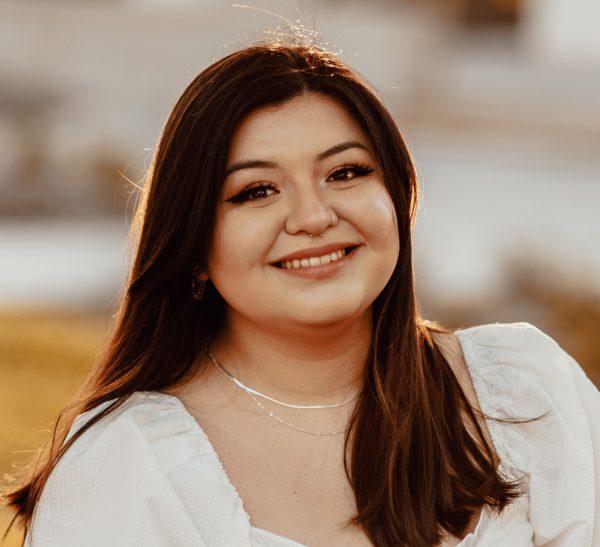
Be First to Comment